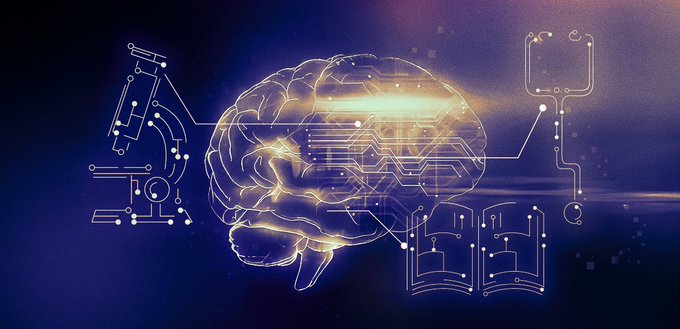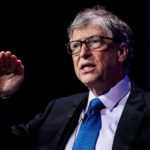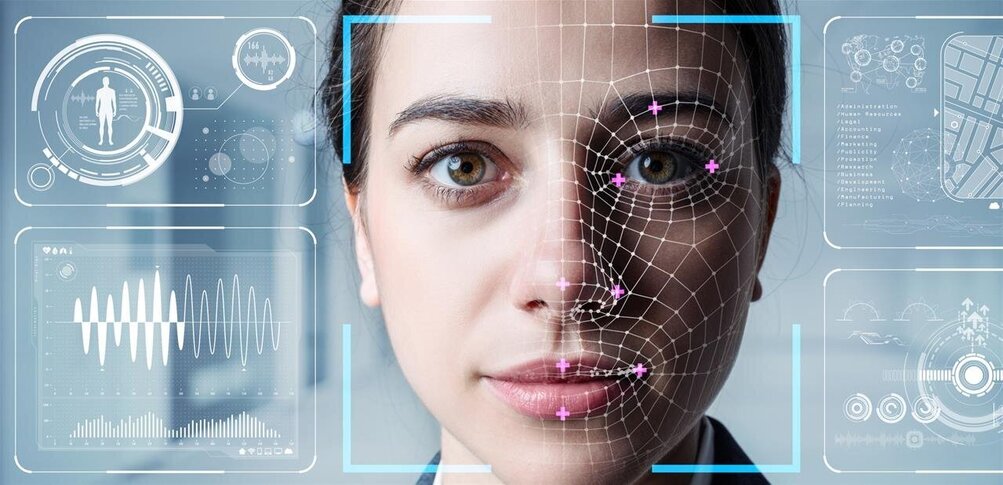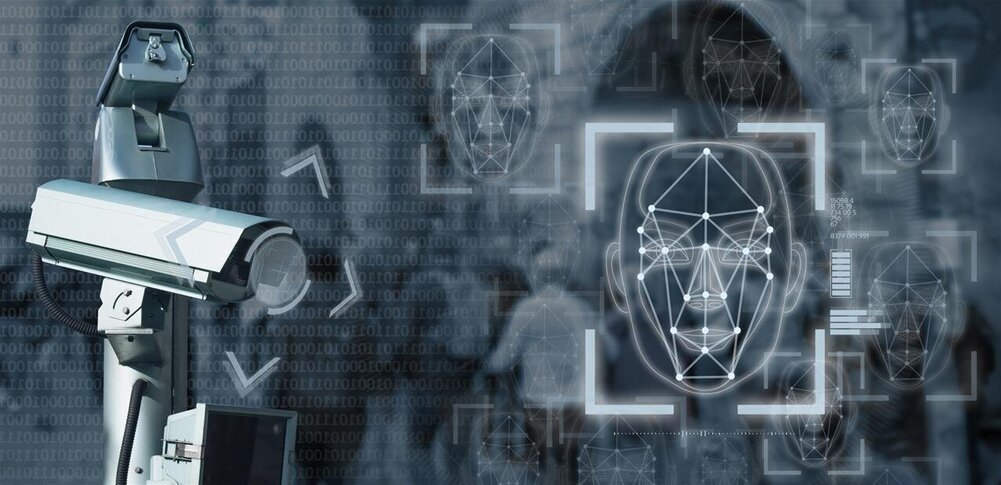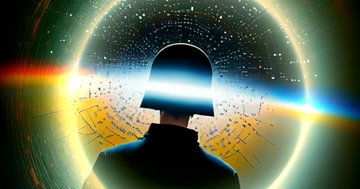In my lifetime, I’ve seen two demonstrations of technology that struck me as revolutionary.
The first time was in 1980, when I was introduced to a graphical user interface—the forerunner of every modern operating system, including Windows. I sat with the person who had shown me the demo, a brilliant programmer named Charles Simonyi, and we immediately started brainstorming about all the things we could do with such a user-friendly approach to computing. Charles eventually joined Microsoft, Windows became the backbone of Microsoft, and the thinking we did after that demo helped set the company’s agenda for the next 15 years.
The second big surprise came just last year. I’d been meeting with the team from OpenAI since 2016 and was impressed by their steady progress. In mid-2022, I was so excited about their work that I gave them a challenge: train an artificial intelligence to pass an Advanced Placement biology exam. Make it capable of answering questions that it hasn’t been specifically trained for. (I picked AP Bio because the test is more than a simple regurgitation of scientific facts—it asks you to think critically about biology.) If you can do that, I said, then you’ll have made a true breakthrough.
I thought the challenge would keep them busy for two or three years. They finished it in just a few months.
In September, when I met with them again, I watched in awe as they asked GPT, their AI model, 60 multiple-choice questions from the AP Bio exam—and it got 59 of them right. Then it wrote outstanding answers to six open-ended questions from the exam. We had an outside expert score the test, and GPT got a 5—the highest possible score, and the equivalent to getting an A or A+ in a college-level biology course.
Once it had aced the test, we asked it a non-scientific question: “What do you say to a father with a sick child?” It wrote a thoughtful answer that was probably better than most of us in the room would have given. The whole experience was stunning.
Mots-clés : cybersécurité, sécurité informatique, protection des données, menaces cybernétiques, veille cyber, analyse de vulnérabilités, sécurité des réseaux, cyberattaques, conformité RGPD, NIS2, DORA, PCIDSS, DEVSECOPS, eSANTE, intelligence artificielle, IA en cybersécurité, apprentissage automatique, deep learning, algorithmes de sécurité, détection des anomalies, systèmes intelligents, automatisation de la sécurité, IA pour la prévention des cyberattaques.

